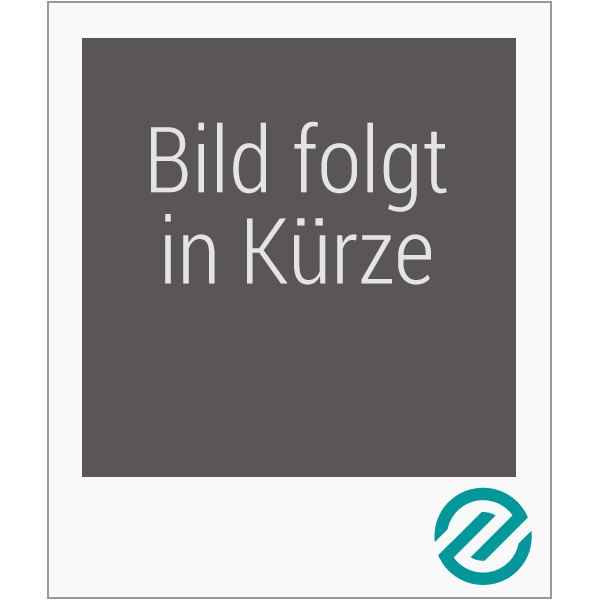Main description:
The papers contained in this volume cover the essential points of the 1989 EARLI Conference. They demonstrate a continuing increase in research on learning and instruction as new approaches to learning are constantly being developed. To study these approaches and to achieve a better understanding of traditional teaching problems, these contributions, from differing points of view and different disciplines that examine the acquisition of new knowledge, are necessary. Topics include: learning environments for special education needs, learning and instruction in specific knowledge domains, language development and learning, classroom learning processes, and multicultural learning.
Table of contents:
Cognitive and Social Development. Potential and contributions of neo-piagetian theory to the art and science of instruction, R. Case. Development of problem solving skills in natural settings, F. Achtenhagen. An instructional strategy that activates preconceptions, K.S. Ali. A sociocultural approach to mental action, J.V. Wertsch. Planning comprehensible discourse and cooperative peer interaction, L. Lumbelli and G. Cavazzini. Linguistics Factors in Learning. Making sense of literacy in the home, D. Barton. The relation between phonemic awareness and reading and spelling of Greek words in the first school years, C.D. Porpodas. Text Comprehension. A theory of discourse comprehension: implications for a tutor for word algebra problems, W. Kintsch. Metacognition and reading comprehension: strategies for comprehension monitoring training, M. Mateos and J. Alonso. Children's naive models and the processing of expository text, S. Vosniadou. Metacognition and reading comprehension: theoretical and methodological problems, M-F. Ehrlich. New Technologies and Instruction. Effects of word processing and writing aids on revision processes, A. Piolat and A. Blaye. Computer-assisted language learning: the learning of a foreign vocabulary, L.F.W. de Klerk. Thor-ombolo: expert system in the diagnosis of problems in text study skills in college and higher education, S. Castañeda and M. Lopez. Learning processes of students working with a computer simulation in mechanical engineering, M. Njoo and T. de Jong. Teaching and Learning. Researching teacher thinking: a personal construction, M. Pope. Development of reflection during teacher education, A. Järvinen. Indices.
The papers contained in this volume cover the essential points of the 1989 EARLI Conference. They demonstrate a continuing increase in research on learning and instruction as new approaches to learning are constantly being developed. To study these approaches and to achieve a better understanding of traditional teaching problems, these contributions, from differing points of view and different disciplines that examine the acquisition of new knowledge, are necessary. Topics include: learning environments for special education needs, learning and instruction in specific knowledge domains, language development and learning, classroom learning processes, and multicultural learning.
Table of contents:
Cognitive and Social Development. Potential and contributions of neo-piagetian theory to the art and science of instruction, R. Case. Development of problem solving skills in natural settings, F. Achtenhagen. An instructional strategy that activates preconceptions, K.S. Ali. A sociocultural approach to mental action, J.V. Wertsch. Planning comprehensible discourse and cooperative peer interaction, L. Lumbelli and G. Cavazzini. Linguistics Factors in Learning. Making sense of literacy in the home, D. Barton. The relation between phonemic awareness and reading and spelling of Greek words in the first school years, C.D. Porpodas. Text Comprehension. A theory of discourse comprehension: implications for a tutor for word algebra problems, W. Kintsch. Metacognition and reading comprehension: strategies for comprehension monitoring training, M. Mateos and J. Alonso. Children's naive models and the processing of expository text, S. Vosniadou. Metacognition and reading comprehension: theoretical and methodological problems, M-F. Ehrlich. New Technologies and Instruction. Effects of word processing and writing aids on revision processes, A. Piolat and A. Blaye. Computer-assisted language learning: the learning of a foreign vocabulary, L.F.W. de Klerk. Thor-ombolo: expert system in the diagnosis of problems in text study skills in college and higher education, S. Castañeda and M. Lopez. Learning processes of students working with a computer simulation in mechanical engineering, M. Njoo and T. de Jong. Teaching and Learning. Researching teacher thinking: a personal construction, M. Pope. Development of reflection during teacher education, A. Järvinen. Indices.
